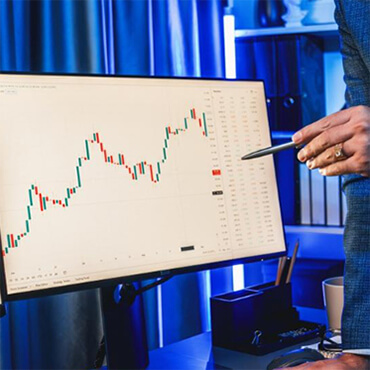54B, Tailstoi Town 5238 MT,
La city, IA 522364
Drive Safe & Smart with Us
Every pain avoided but in certain circumstances and owing to the claims of duty or the obligations of business it will frequently occur that pleasures have to be repudiated and annoyances accepted selection he rejects pleasures to secure.
Conatct Us
-
-
Working Hrs : 9.30am to 6.30pm



